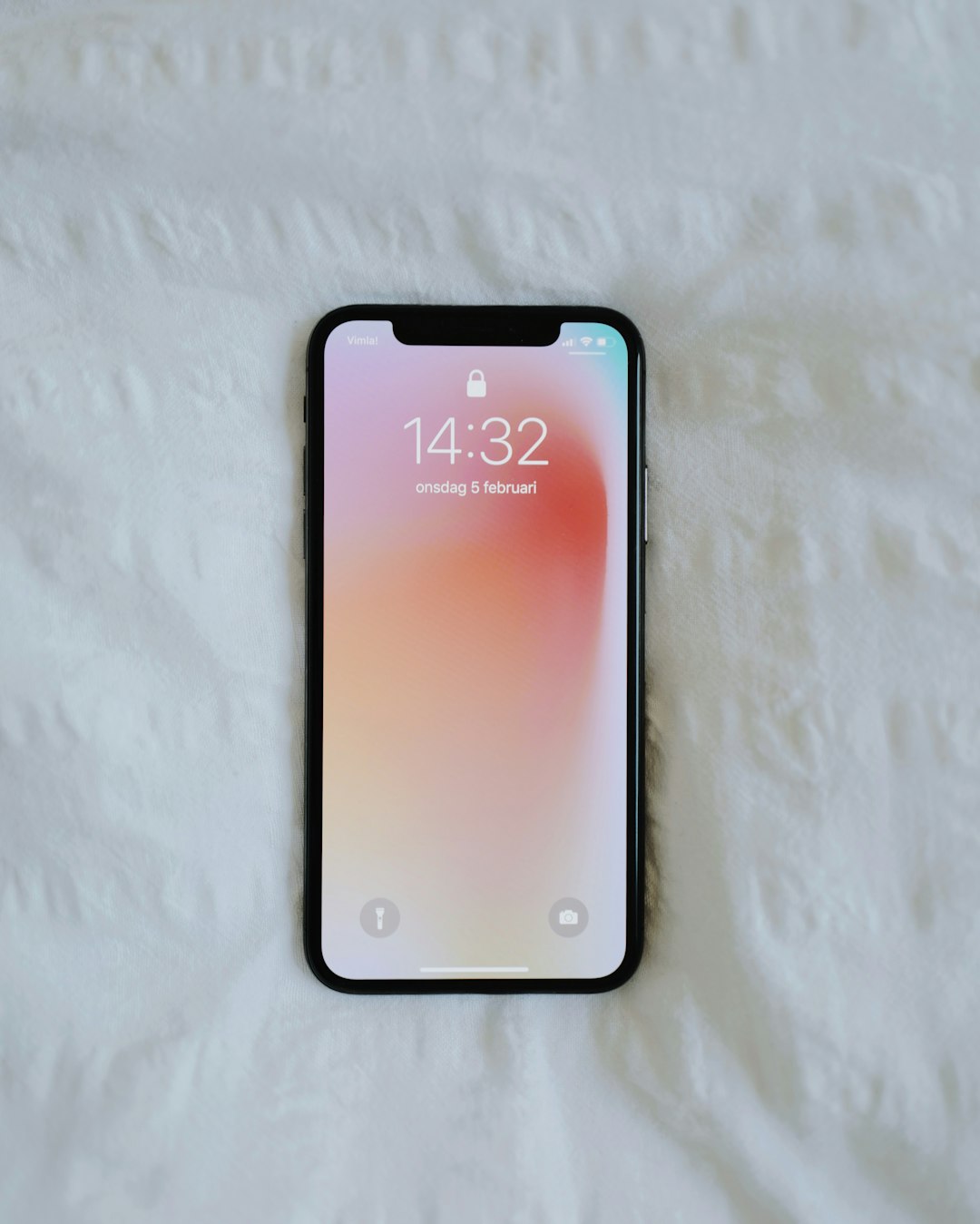Changing your phone number in West Virginia offers protection against unwanted calls and legal issues, but requires careful consideration to avoid disruptions in ongoing cases with unwanted call law firms and maintain privacy. Update contact details promptly, enroll in the National Do Not Call Registry, manage caller ID settings, communicate changes effectively, and be aware of potential privacy implications.
Changing your Fairmont phone number can have significant pros and cons, especially if you’re dealing with unwanted calls from legal entities in West Virginia. This article explores both sides, offering insights on benefits like escaping spam calls and potential drawbacks, such as the impact on ongoing legal matters. Learn how to manage call law firms post-change and ensure effective communication during transition. Discover tips for preserving privacy long-term with a new phone number.
Benefits of Changing Your Number from Unwanted Calls

Changing your phone number can significantly reduce the number of unwanted calls you receive, a major benefit for many individuals and businesses. In the United States, including West Virginia, laws like the Telephone Consumer Protection Act (TCPA) are designed to curb unsolicited telemarketing calls. By changing your number, you’re taking an active step to protect yourself from potential violations of these laws, which can help avoid legal repercussions and unnecessary stress.
Additionally, a new phone number allows for better control over your communication. You can choose to block certain callers or set specific times when your phone is accessible, minimizing interruptions during work or personal time. This increased privacy and peace of mind are invaluable assets, especially with the ever-present concern of identity theft and fraud.
Potential Drawbacks: Impact on Legal Matters in West Virginia

Changing your phone number, while seemingly simple, can have implications in various aspects of life—including legal matters. In West Virginia, for instance, if your old number is associated with past interactions or agreements, transitioning to a new one could potentially disrupt ongoing cases or contractual obligations. This is especially relevant when dealing with call laws and unwanted calls from law firms; any change could affect the validity of records and notices related to legal proceedings.
The impact extends further than just individual cases. If your old number was used for official communications, such as court notifications or legal paperwork, a change might lead to delays or miscommunications. This is particularly concerning when time-sensitive legal matters are involved, as it could result in fines, missed deadlines, or even adverse rulings due to perceived non-compliance. As such, individuals considering a phone number change should be mindful of these potential drawbacks and take necessary steps to ensure seamless transition without hindering any ongoing legal processes.
How to Manage Call Law Firms After Number Change

When you change your phone number, it’s important to have a plan in place for managing unwanted calls from law firms, especially if you’re based in West Virginia. The first step is to inform all relevant parties about your new contact details, including your employer and any legal representatives involved in ongoing cases. Request that they update their records promptly to avoid missed communications.
Additionally, consider putting your number on the National Do Not Call Registry. This federal list restricts telemarketing calls, providing some relief from unsolicited legal inquiries. Keep an eye on your call history and block any recurring numbers associated with law firms or collection agencies. Regularly reviewing and managing your caller ID settings can help you maintain control over your communication channels.
Tips for Effective Communication During Number Transition

During a phone number transition, maintaining clear and effective communication is essential. First, inform all important contacts—friends, family, colleagues, and business partners—about your new number promptly. Update your personal information across various platforms, including social media, email signatures, work databases, and banking systems, to ensure everyone has the correct details. This proactive approach minimizes miscommunication and ensures uninterrupted connectivity.
Additionally, be prepared for unwanted call law firms in West Virginia or other similar instances by setting up a professional voicemail message on your new number. This message should include basic information about yourself and instructions on how to reach you during non-business hours. Regularly checking voicemails and responding promptly will help manage expectations and maintain professionalism throughout the transition process.
Preserving Privacy: Long-term Effects of a New Phone Number

Changing your phone number can offer a fresh start, but it’s crucial to consider the long-term implications on privacy. In today’s digital age, personal information is highly valuable, and a new number could impact how frequently you receive unwanted calls from marketing firms or even call law centers in West Virginia. While some may view a change as an opportunity to curb nuisance calls, it’s essential to remember that your old number might still be linked to your previous activities online, potentially allowing third parties to track your digital footprint despite the switch.
The effects of this on privacy can vary; for instance, if you’ve used your old number for various subscriptions or services, a new number could disrupt existing communication channels. It’s a delicate balance between starting fresh and maintaining a level of privacy that safeguards against unwanted intrusion from call centers or other organizations.






